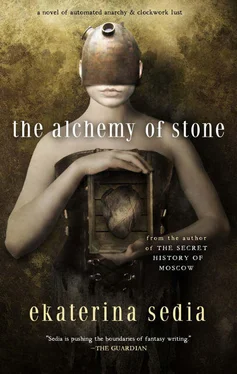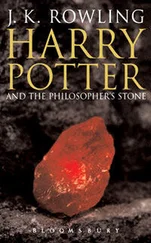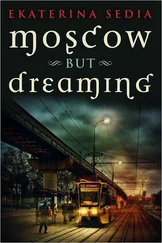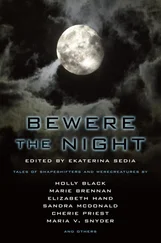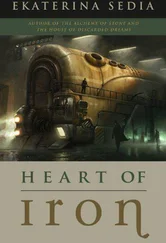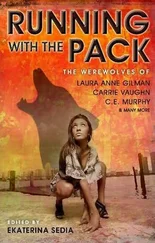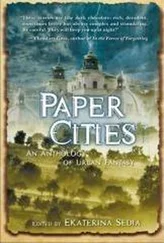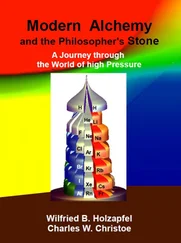“So the easterners were involved?” Mattie said.
Ilmarekh shrugged. “Some were, some weren’t. I wasn’t and now I regret it. I blamed those who brought it on us, but now I realize that it wasn’t those who plotted, it wasn’t those who rebelled who were at fault.”
Ilmarekh sighed and spoke in his own voice. “I asked you about your friends in high places. Did you talk to them?”
Mattie shook her head, ashamed. “I never had a chance. I… ” She didn’t say it out loud, but she had been too preoccupied with plotting Loharri’s downfall to talk to Iolanda when she could. And now, how would she find Iolanda and Niobe?
“I can help you,” another ghost spoke. “I can tell you about a place they gather—but you’ll go at your own risk. If they don’t trust you, you are dead.”
Mattie inclined her head, agreeing. “Just tell me when and where.”
“Not far,” the ghost said. “No one comes to this blasted hill, and if you go down the northern slope at midnight, you’ll see the entrance to an abandoned mine. It’s closed during the day, but the spiders open it at night. Can you see in the dark?”
“Yes.”
“It won’t help you,” the ghost said. “It’s dark there, so dark, not even a torch will help you.”
Mattie waited for nightfall, listening to the rising wind outside. The Soul-Smoker’s pipe had been extinguished, and the spirits, exhausted, quieted down and only occasionally whispered dark warnings and petty complaints. Ilmarekh appeared to have fallen asleep in front of the cold fireplace, and Mattie found the sudden movements of his lips and fierce, abruptly whispered words disconcerting, and looked at the window, waiting for the moon to rise and the constellations to arrange themselves in the proper order for the middle of the night.
Beresta, the shy ghost, used the lull to surprise Mattie. “My son is a good boy,” she whispered, as if not to wake the others. “A good man. He wouldn’t do anything to hurt others.”
He almost killed me when I first met him, Mattie thought. She didn’t utter those words out loud—she was well familiar with the usual arguments people gave her. You do not count, you are a machine. You are made of metal, you have no soul. As if any of it mattered.
Beresta understood her silence. “You disagree.”
“I don’t think he is bad,” Mattie said. “I think I might even love him.”
“But you…” Beresta choked down the reflexive protest.
“I was made to feel pain.”
The ghost recoiled, her translucent form shrinking close to Ilmarekh’s lips, coating them like water. “What sort of a man would build a machine who feels pain?”
Mattie saw no need to answer—they both knew it. It took a specific brand of cruelty, cruelty masquerading as concern. It will help you learn better. This way you won’t damage yourself. It’s for your own good.
And yet, Mattie could not quite bring herself to blame him—she knew how he had learned these words. “I can also feel pleasure,” Mattie said.
“That seems even more cruel,” Beresta whispered.
“And why is that?”
“You know,” the ghost said. “Machines break. Always, all of them, no matter what the mechanics say.”
“People die,” Mattie countered. And added, “Even the ghosts.”
“And yet you work on reversing death.”
“Don’t we all?” The words came out of her mouth of their own volition, but she immediately felt the truth of them deep in her metal bones. What else did they all do if not try to stave off disappearance? Alchemists cured the sick and made concoctions to brighten existence; the mechanics built, pouring their cold passion into things more durable than their own flesh; even the gargoyles grew stone to leave a trace in the world—something besides their lithified bodies.
“These are idle thoughts,” Beresta said. “You better get going, or you’ll daydream until morning.”
Mattie looked at the sky, at the constellation of the Lizard almost aligned with the Carriage, and hurried out of the door without saying goodbye. She walked down the slope, the wind shoving her in the back and buffeting her skirts as if they a sail. It was dark, and she had to extend the stalks of her eyes and force the diaphragms open, to let in whatever little light scattered over the battered slopes of the Ram’s Head.
She saw the opening of the shaft—black on black, its square outline only hinted at—at the same time as she heard human voices. She stood still, listening, her heartbeat almost inaudible under the shifting of gravel under the clumsy footfalls and the lowered voices. Two men rounded the hill and came into her view, black and orange in the flames of their torches flailing in the wind. She wondered at first why they hadn’t brought lamps, but guessed that they were either poor or didn’t want to attract attention of their households.
There was nowhere to hide, and she stood motionless, even after the light of the torches snatched her out of the darkness and she had no doubt that the men could see her. Both were dressed in rough, unbleached linen shirts and no overcoats despite the chill in the air. They had dark faces, colored not by nature but by years in the shaft.
“Where are you going?” one of them asked. They did not look friendly.
“I’m looking for Sebastian,” she said. “I’m a friend of his.”
“Who’s Sebastian?” the first man asked, and his companion whispered in his ear. “Oh,” the first man said. “Did he tell you to come here then?”
“Yes,” Mattie said. “At least he didn’t say not to.” She hoped that an imperfect excuse would have the appearance of the truth.
“All right,” the second man said. “Come along then. But if you’re a spy…”
“Look at her,” the first one interrupted. “If they sent a spy, wouldn’t they choose someone less obvious?”
Mattie followed them down into the shaft, down the rough wooden ladder into a tunnel where the air grew suddenly warm and still, as if it had been breathed in and out of human lungs over and over again, until it was drained of life and succor. She tried to think of something to say to these men, so aloof and alien, so different from anyone she ever knew, but the usual chitchat about the weather seemed frivolous, and questions about their occupation—extraneous.
After they traveled a short while down the tunnel, the flames of the torches smoldered as if suffocated by lack of sustenance in the air, but the men did not seem perturbed. They came upon a large niche carved into the stone wall, behind the wooden supports and scaffolds that kept the tunnel from collapsing, and her guides reached into the niche, the sounds of shifting stone and gravel disturbed by their hands muffled. The man nearest Mattie pulled out a strange contraption—a short belt of cured leather with its ends stitched together, and a small round apparatus mounted on the belt; Mattie recognized it for a miniature bronze lamp ensconced in porcelain. His companion helped him light the lamp from the torch, and it blazed with a bright white light. He affixed the belt to his head, and the lamplight cut a swath of light through the dank blackness of the tunnel.
“I was wondering how you worked there, in the darkness,” Mattie said and retracted her eyes back into her face, narrowing the aperture of the diaphragms. “It’s a clever contraption.”
“If you were wondering so much why didn’t you find out?” the man with the lamp on his head said as they continued along the tunnel.
Mattie faltered for words.
“I guess you weren’t really wondering then,” the man continued. There was no anger in his voice, just the habitual bitterness of an unhappy person. “You just thought of it now, making conversation.”
Читать дальше
